NEW Aphantasia paper - Multi-sensory Aphantasia - Discovering the Invisible
Curated, Science-Driven Insights into the Brain.
Future Minds is a weekly newsletter that breaks down the science of the mind and brain into short and easy-to-digest insights and actionable take-homes. So if you are not already a subscriber, sign up and join the many others who receive it directly in their inbox each week or so— it’s free.
Hello dear readers,
I hope the holiday season was a time of delight and the New Year has opened doors to new adventures for you. As we embark into 2024, I'm brimming with excitement to share that my latest work, "The Intuition Toolkit," will hit the shelves in Australia next week on the 31st of Jan!
Also, mark your calendars for February 6th, because I'll be diving deep into the science and actionable take-homes for how to use intuition, in Melbourne, Australia. If you're in the neighbourhood, swing by and join the conversation—I'd love to meet you! It’s free, book here.
This week I’m thrilled to tell you about our most recent insights into the enigmatic world of Aphantasia. Get ready to be intrigued!
At a glance:
A Spectrum, Not a Monolith: Aphantasia varies dramatically among individuals. Some can't 'see' mentally but can 'hear' or 'smell,' while others are deprived of all sensory imagery.
Brain's Wiring: Theories suggest Aphantasia could result from a 'reverse vision' process malfunction, where the brain's signals fail to generate vivid sensory representations.
The Enigma of Aphantasia Unveiled
Multisensory Aphantasia
Multisensory Aphantasia, once thought to be a rarity, is actually as common as pure visual aphantasia. It manifests as a blanket inability to generate mental imagery across all the senses, a sensory blackout that extends beyond the visual to touch, sound, scent, and taste.
In simple terms, a person with Multisensory Aphantasia does not only struggle to visualize images in their mind's eye (such as picturing a beach or a loved one's face) but also finds it challenging or impossible to mentally recreate experiences related to their other senses. This includes the inability to imagine sounds (like a song or a voice), tactile sensations (like the feel of velvet or sand), smells (such as the scent of rain or coffee), and tastes (like the flavour of their favourite food).
This condition implies a more extensive impairment in the brain's ability to conjure up and process sensory information in the absence of external stimuli. The exact neural mechanisms underlying Multisensory Aphantasia are still being explored, but it's believed to involve interactions among various brain regions responsible for sensory processing and imagination.
The study of Multisensory Aphantasia not only sheds light on the diverse experiences of those with the condition but also offers broader insights into the cognitive and neural processes underlying human sensory perception and mental imagery.
Exploring Aphantasia: A Journey into the Mind's Eye
For our research into Multi-sensory Aphantasia, we implemented a data-driven study, we examined large groups of individuals who self-reported experiencing Aphantasia. Employing multisensory mental imagery questionnaires, we meticulously categorised our participants using automated clustering algorithms. To ensure the robustness of our findings, we replicated our study with a second independent group. This replication not only bolstered our initial conclusions but also reinforced the existence of these distinct subgroups within the Aphantasia population.
Aphantasia, it turns out, is not a one-size-fits-all condition. We identified individuals with 'Visual Aphantasia,' who lacked the ability to conjure visual images but could generate mental imagery in other sensory domains. Conversely, we found individuals with 'Multi-sensory Aphantasia,' who experienced an impairment in generating conscious mental imagery across all sensory modalities.
Delving deeper, our study also explored the potential neural mechanisms underlying mental imagery. We discussed the fascinating model of mental imagery as 'vision in reverse.' Here, the flow of information is conceptualised as a reverse process compared to visual perception, with higher brain regions influencing primary sensory areas. This raises thought-provoking questions about multi-sensory imagery and how our brain coordinates multiple sensory regions in this process.
One hypothesis we posited was that individuals with Multi-sensory Aphantasia might be experiencing a lack of multi-sensory imagery due to weaker top-down signals. This suggests the problem might not lie in the sensory regions per se, but rather in the brain's capability to generate strong ‘top-down’ signals for vivid sensory representations.
If you think about it for a minute, it’s striking that there is no sensory perceptual equivalent to multisensory aphantasia - there is no multisensory perceptual blindness. This already tells us something about imagery and how it is different to perception, more systemic and global.
Here is the link to the actual paper.
“This suggests the problem might not lie in the sensory regions per se, but rather in the brain's capability to generate strong ‘top-down’ signals for vivid sensory representations.”
Next Steps in Our Research
As we continue our expedition into the brain's mysteries, we aim to unravel more about the underlying neural mechanisms and potential therapies or support systems for individuals with Aphantasia.
Stay tuned for our upcoming studies, where we'll delve even deeper into the mind's enigmatic processes.
Mental Meanderings
Do you experience Multi-sensory Aphantasia? What is your experience? does it come across all senses or just a few of them? How has this impacted your life?




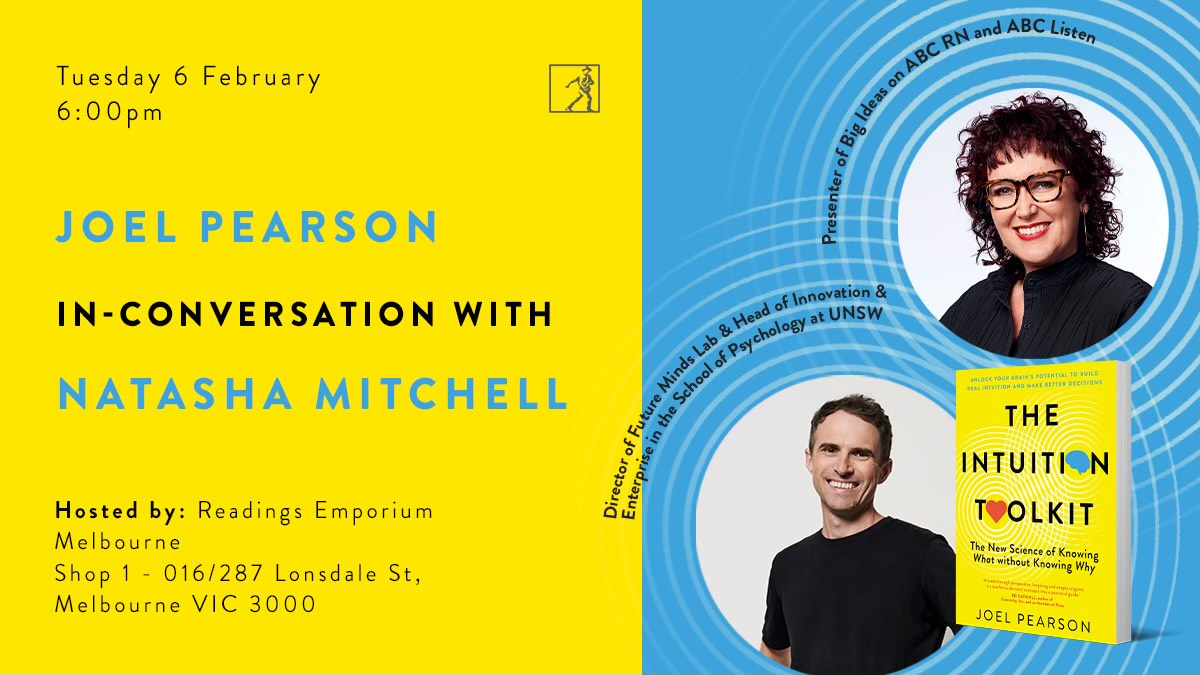
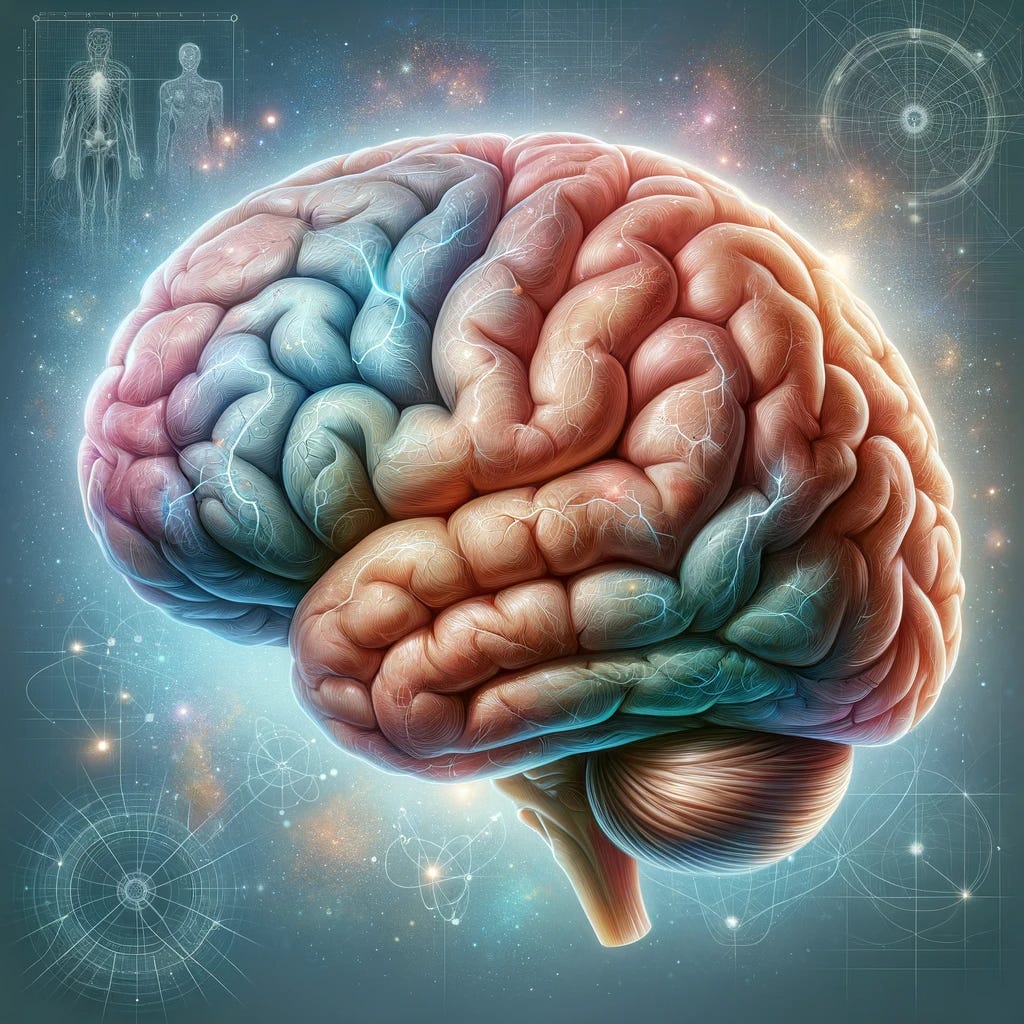

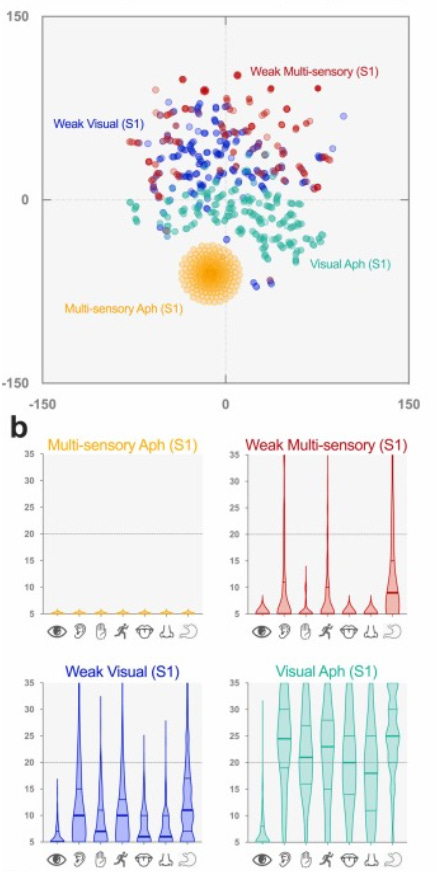
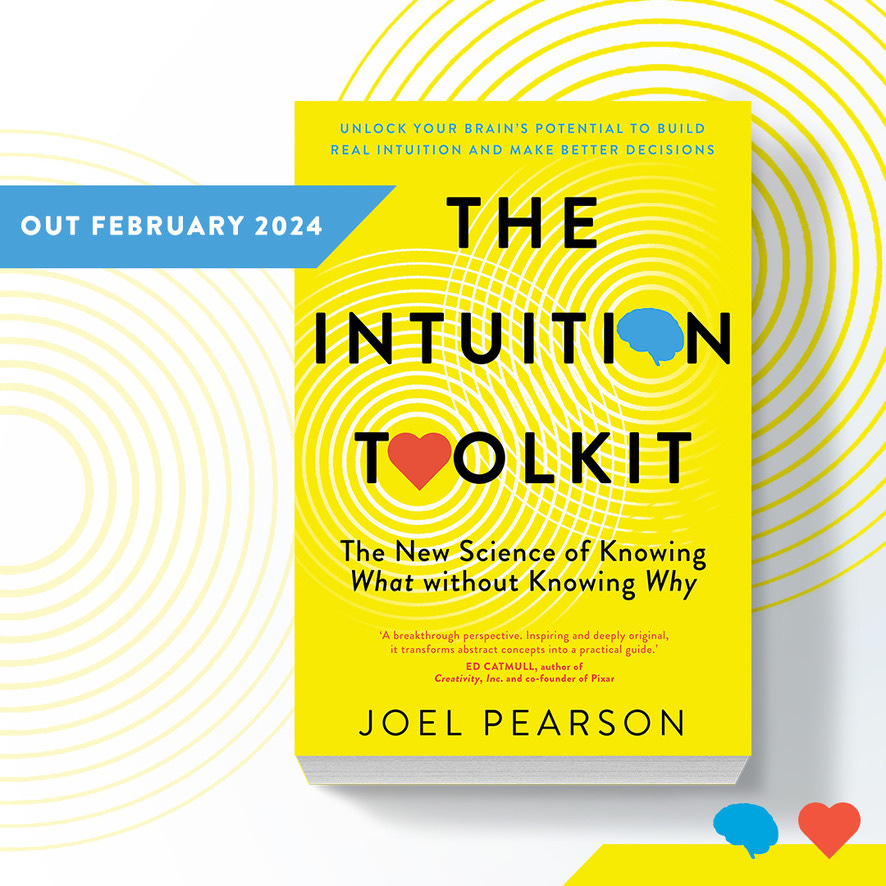
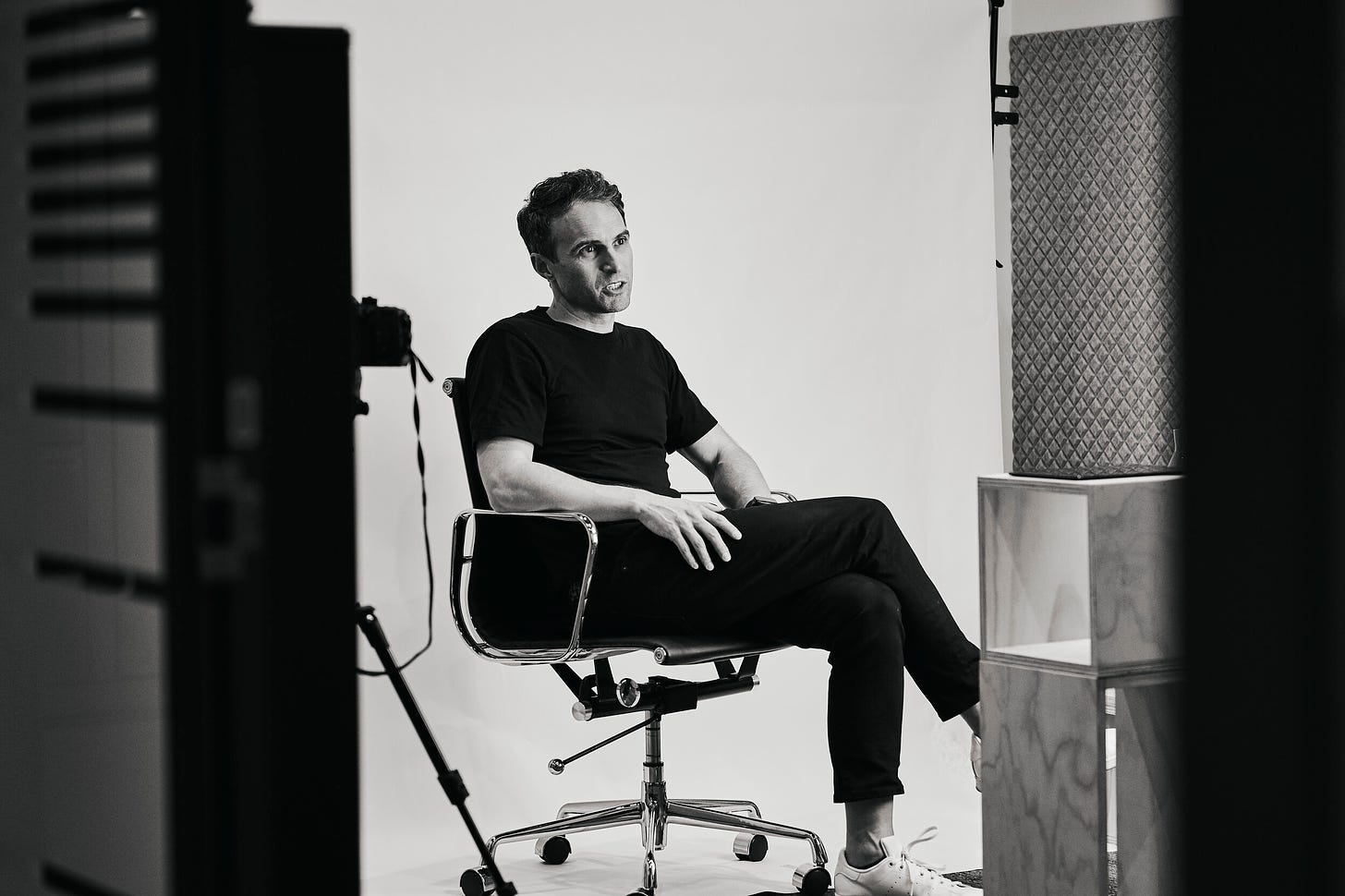
I have multisensory aphantasia. Not only can I not visualize things, but I cannot conjure up any other senses. I only realized recently that other people don't think like I do. I thought "picture a beach" was a figure of speech until someone told me they can picture things in their mind, even rotating the things and looking at them from different angles. I have never been able to visualize anything. All I see when I close my eyes is darkness, and my thoughts are all in words like a monologue.
I have multi-sensory aphantasia as I can only hear music or voices. I am not too sure if it is connected, but I am able to compose music in my head. This has effected my life in ways that I didn't notice until I realized I had aphantasia. I am currently back in college and I noticed a lot of my teachers would use visualization as a teaching aid. Since I am not able to do so, it feels like I have a disability and because I have hindrance in class in comparison to classmates.